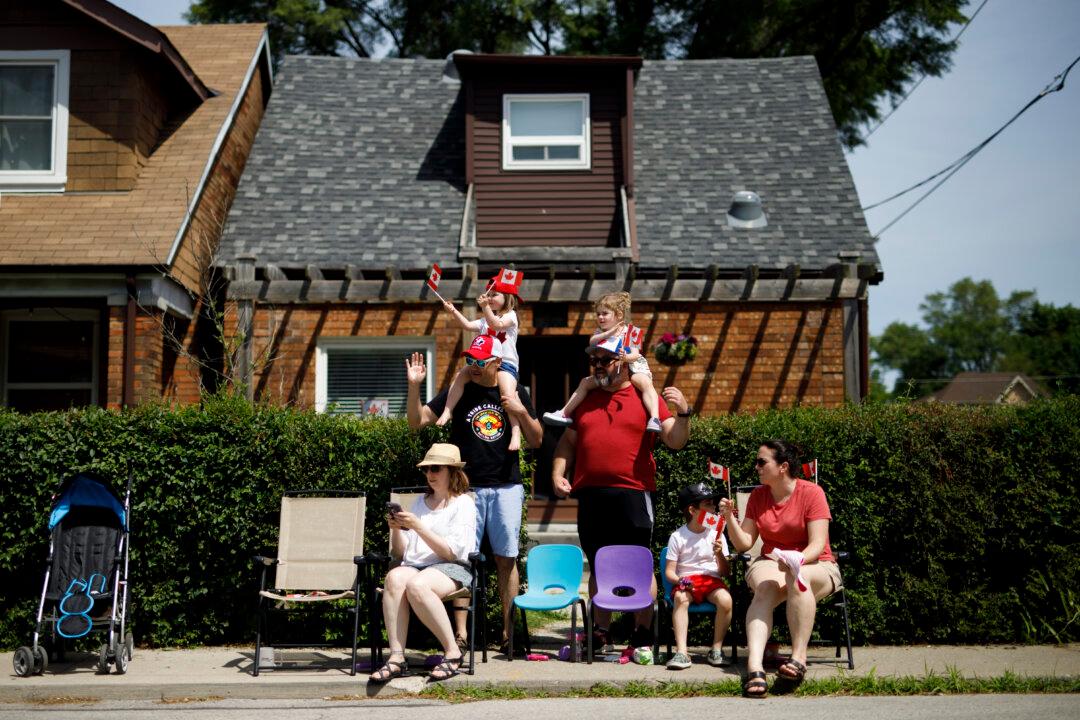Commentary
If polls are to be believed, Alberta Premier Jason Kenney is in some trouble. A recent opinion survey, for what it’s worth, put Rachel Notley’s NDP opposition slightly ahead of the United Conservative Party (UCP), within reach of forming a majority if a vote were held now.





